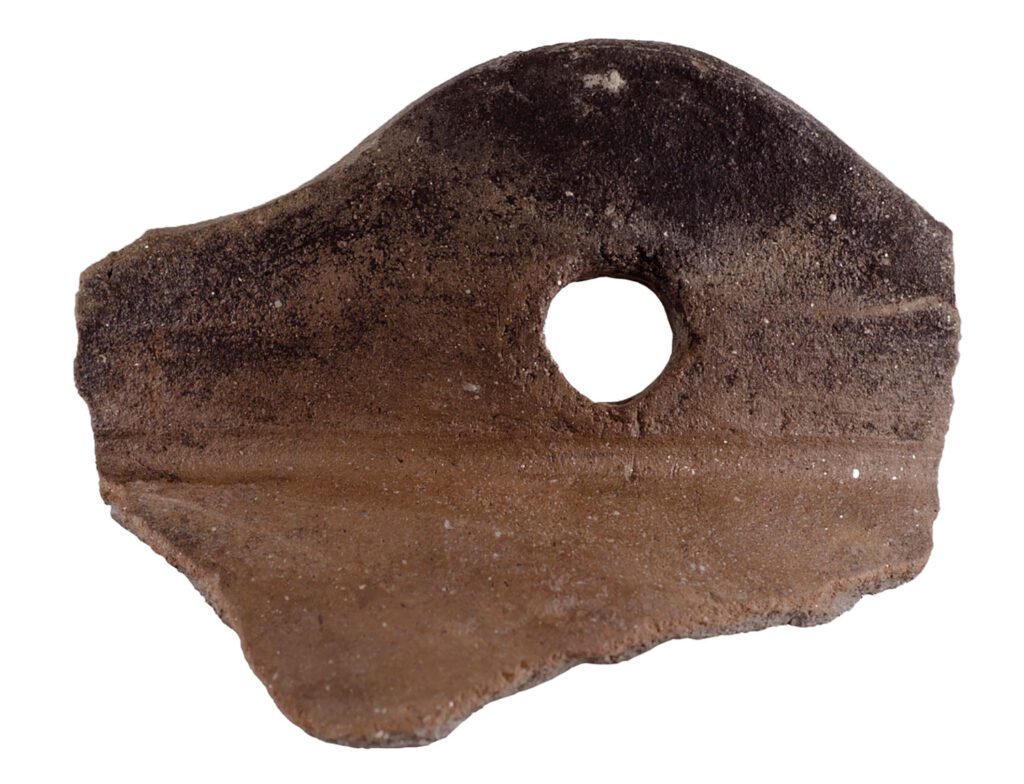Protohistory
In general terms, the Iron Age in the Northwest of the Iberian Peninsula is identified with the Castro Culture and falls between 750 and 500 BC (I Iron Age) and 500 BC.
Considering the Castro cultural evolution as a long-term process, beginning at the end of the Bronze Age, according to the most recent data, it is now possible to summarize the habitat of its first phase, corresponding to the stage of its formation, which is related to an exceptional development of metallurgical activity. In the southern area of the Portuguese Northwest, there was, in general, an ex novo implantation of settlements in strategic points located according to a topographical diversity, with emphasis on positions at the ends of medium-altitude spurs, primarily aimed at controlling river basins, in relation to areas of agricultural suitability and exploitation of natural resources, particularly mining, such as tin and gold, and access to penetration and commercial routes, revealing a broad-spectrum economic system, which generally suits the excellent geographical conditions, such as those observed in Monte Padrão, Santo Tirso, in Alvarelhos, Trofa and in Monte Castêlo, Matosinhos, the only fortified settlements in the Leça basin and the Leça/Ave interfluve where occupation is known at this stage.
